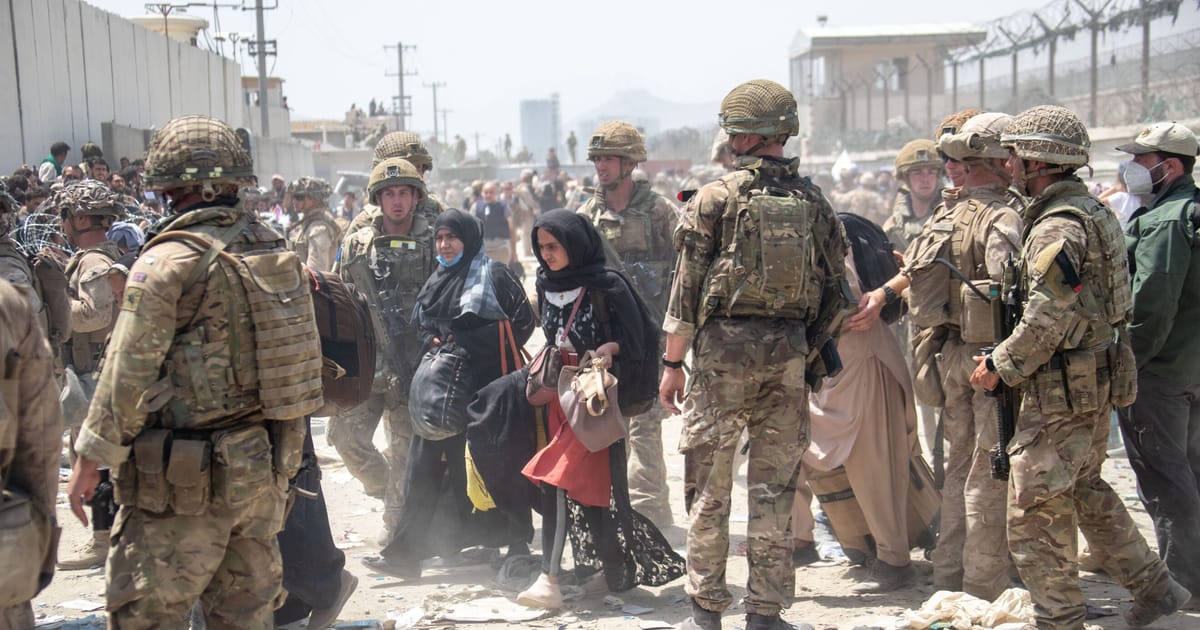

In recent weeks, the world stage has been dominated by a blend of political maneuvers, environmental challenges, and natural phenomena, each unfolding with its own significance and implications. As we explore these stories, we aim to provide a balanced and contemplative view, allowing readers to engage with the events with calm and clarity.
The political sphere in the United Kingdom has been stirred by a significant data breach concerning Afghan civilians. Recently, during Prime Minister’s Questions (PMQs), the Conservative leader was notably evasive when probed about the severe Afghan data leak that occurred under the last governmental administration. This incident has left many Afghans in a state of fear, as sensitive information about those who assisted British forces was inadvertently exposed. Some individuals have reportedly gone into hiding or have faced dire consequences due to this inadvertent disclosure, underscoring the breach’s profound impact on personal safety and international relations.
Meanwhile, across the Atlantic, tension has unfolded with U.S. lawmakers directing critical attention towards Canada. A group of six Republican Congress members expressed their discomfort over the pervasive smoke from Canadian wildfires, which has drifted south, affecting the air quality in various states. These lawmakers formally communicated their displeasure to Canada’s ambassador shortly after endorsing policies that may exacerbate environmental degradation, raising questions about the congruence of their actions and stance on ecological issues.
On the environmental front, Iceland has once again witnessed the raw power of nature with another volcanic eruption on the Reykjanes peninsula. This marks the ninth such event in the region since 2023. Residents are advised to remain indoors due to high levels of toxic gases emanating from the fissures. This natural display serves as a potent reminder of the Earth’s dynamic processes, prompting a reflection on humanity’s relationship with the natural world.
The Mediterranean region, too, is contending with early and severe wildfires, which have already scorched approximately 214,000 hectares across the European Union. This uptick is more than double the average area usually affected by this time of year. Nations are grappling with the northward spread of these fires, seeking strategies to mitigate their escalating frequency and intensity, especially as climate anomalies become increasingly prevalent.
In the United Kingdom, local governance has seen a distinctive shift, with Durham County Council, led by the Reform Party, retracting its climate emergency pledge. This decision, unique within the UK, has sparked debate and concern among environmental advocates, as climate declarations have represented commitments to prioritizing sustainable policies. This move opens a dialogue on political accountability and the evolving nature of local governance in addressing climate priorities.
In a reflective turn on past industrial endeavors, the passing of Loïk Le Floch-Prigent has marked the end of a significant era in French corporate history. The former CEO was a prominent figure within several major French public companies, including Elf Aquitaine, GDF, and the SNCF. His legacy is interwoven with both the economic transformations and controversies that defined his career, offering a complex narrative of leadership, accountability, and corporate governance.
As we reflect on these diverse developments, a common theme emerges in the form of change—whether driven by political decision-making, natural events, or historical legacies. Each story invites us to consider our role in shaping a future that is responsive to current challenges and mindful of past lessons. Through calm reflection and engaged dialogue, we can navigate these complexities with hope and a sense of collective purpose.
Source: {link}
